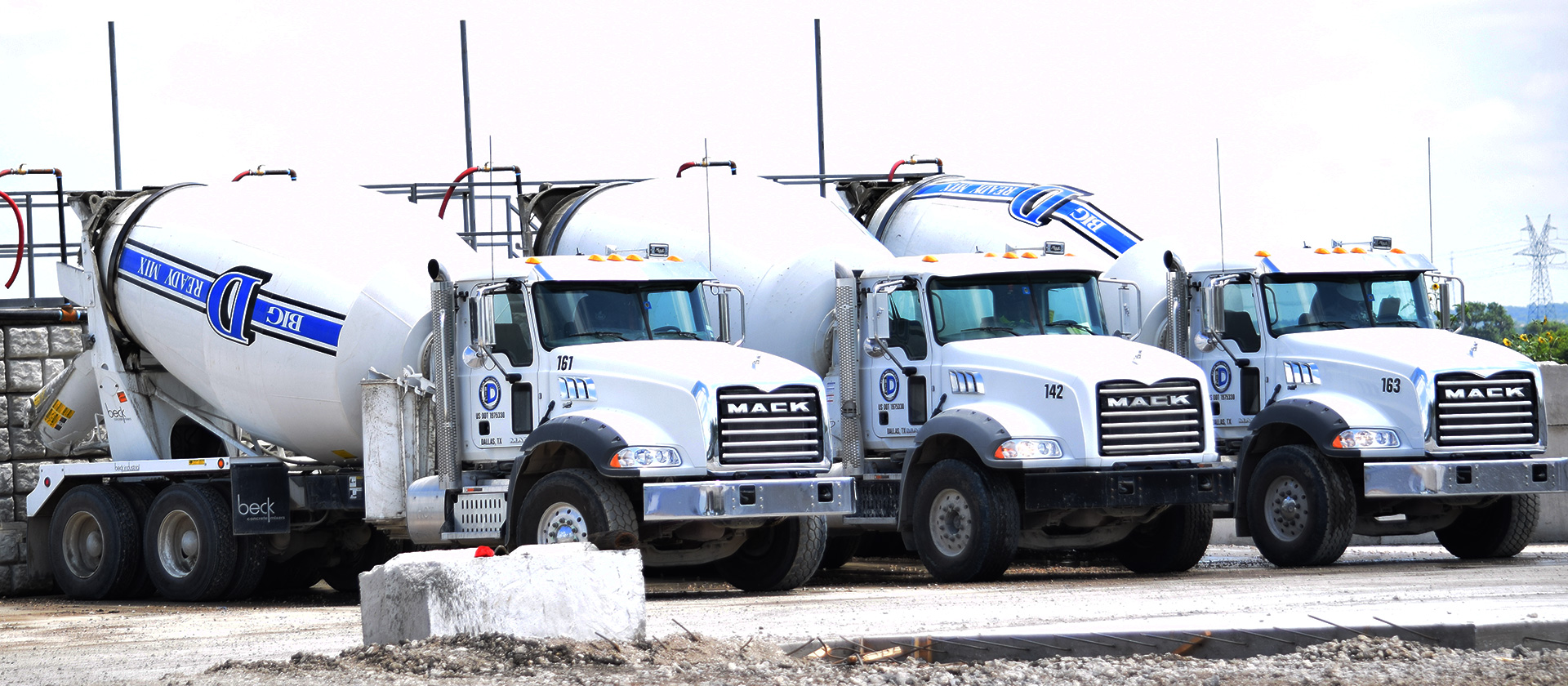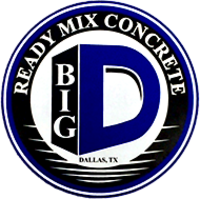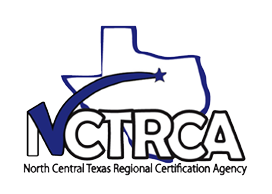Will concrete crack under heat?
The heat has a significant effect on all stages of concrete, be it production or placement procedures. A temperature rise can result in an increasing rate of hydration and moisture movement from within the surface of the concrete. This affects the long-term durability and strength of your concrete structure.
In the Dallas-Fort Worth area, the hot season can see an average daily high temperature above 88°F! This hot weather, along with humidity and wind, could significantly influence the surface of concrete and cause thermal cracking.

Thermal cracking of concrete needs to be avoided immediately if the thickness of your concrete is increasing. A commonly known issue faced by designers and construction teams is the cracking of concrete due to thermal effects. The increase of temperature in the concrete is inevitable. Nevertheless, it can still be controlled or minimized to some extent.
Providing reinforcements based on design assumptions is also an action that can be taken to solve this issue. Concrete structures exposed to direct sunlight are subjected to change their temperature considerably compared with covered ones.
Concrete tends to absorb the heat and release it at night. The temperature rise usually depends on the environmental conditions of where you live. Severe heating or cooling can expand or contract the concrete, respectively. When heated, the concrete develops potential and compressive stress, resulting in the structure’s thermal cracking.
Thermal cracking could also occur if the temperatures of different portions within the same concrete slab exceed a specific limit. These differentials often exist when the internal temperature of the slab rises or drops slowly.
This temperature change can result in tensile stress, which, if exceeded, could result in thermal cracks. Although thermal cracking often occurs at an early age, there are similar temperature-related concrete cracking phenomena that could happen later.
Due to the temperature variation, the volume of concrete change could cause damage to the concrete surface even at a later stage. The effects of weather on your concrete surface will drastically drop if the concrete is properly laid out.
Specific finishing problems could also occur if you are concreting during hot weather conditions. Concrete tends to dry rapidly, which, if escalated by the weather, could lead to crusting when the surface dries. If it’s a concrete pavement, crusting could result in irregular surface textures.
How to deal with this issue?
Thermal cracking does not only look bad but could also be dangerous to your structure. You need to recognize when it might occur and then proactively take measures to minimize the chances of it happening in the first place.
Design specifications should include a maximum temperature used to identify the timeframe perfect for you to take preventive measures and a maximum temperature differential that can be used to figure out when cracking might occur.
To prevent thermal cracking on concrete, you should know when the temperature differentials start exceeding the specified limit. You can achieve this by using temperature sensors to measure different areas within your concrete slab.
If you notice a specific part that has a higher temperature, there are different actions you can take to control the situation. Providing shade or misting the area could help you reduce the heat exposure from the sun.
Higher temperatures of fresh concrete while settling could result in rapid hydration, leading to reduced workability of the structure. Simply put, this could reduce the handling time of the said concrete structure.
Exposure to a higher temperature while curing develops a higher early strength and would cure at an average temperature, but the strength generally falls drastically after a few days. To solve this issue, start by optimizing your concrete mix.
While optimizing, adjusting the amount of cement or water to the right levels could actively reduce hydration heat.
Measuring the temperature of a concrete slab is not only useful for the prevention of thermal cracking but can also be used for other purposes. Many professionals measure temperature to calculate the compressive strength of your structure.
Conclusion
Many adverse effects could show up at an early age due to hot weather conditions. Excessive cracking or insufficient strength may not be much apparent until almost a year after completing a job. Professionals can often recognize how extreme weather conditions could affect the job. They can also tell if the problem is limited to the exposed surface of concrete or if it reaches deeper to the core of the structure.
Having this type of information is crucial to developing a practical yet effective solution to restore your concrete’s performance.
Want to know more about concrete? Contact us!
At Big D Ready Mix Concrete, our professionals specialize in all things related to concrete. Our specialization and expertise make us one of the most reliable ready mix concrete suppliers in Texas.
With a successful streak of happy clients, our products and services have been both efficient and best in its class. Suppose you are in the market, looking for reliable local ready-mix suppliers who understand and can deliver to your particular requirements, then Big D Ready Mix Concrete is always available for your service.
Serving in Texas since 2002, we have enough industry knowledge to assist you in all kinds of commercial, residential, or personal projects. Want to get in touch? Call us at (972) 737-7976 or fill our online form.
Our employees will guide you through the process and help you find the perfect ready mix concrete to fit your needs.
Looking for the best ready mix concrete supplier in Dallas, TX?
Big D Ready Mix Concrete offers you high-quality concrete products and excellent service!
Sister Companies


Our Certifications

Small Business Enterprise
Women Business Enterprise
Disadvantaged Business Enterprise
About Us
Big D Ready Mix Concrete has been serving clients in the Dallas, TX area since 2002, with over 400 utility mixes, high-strength wall mixes, exposed aggregate mixes, flexural strength mixes, stamp concrete mixes, flowable fill mixes, grout mixes, and trailer pump mixes.
Contact Information
10361 Bickham Rd
Dallas, TX 75220
(972) 737-7976
Email Us
Monday-Saturday 5am to 6pm
Dispatch Hours: Project Dependent